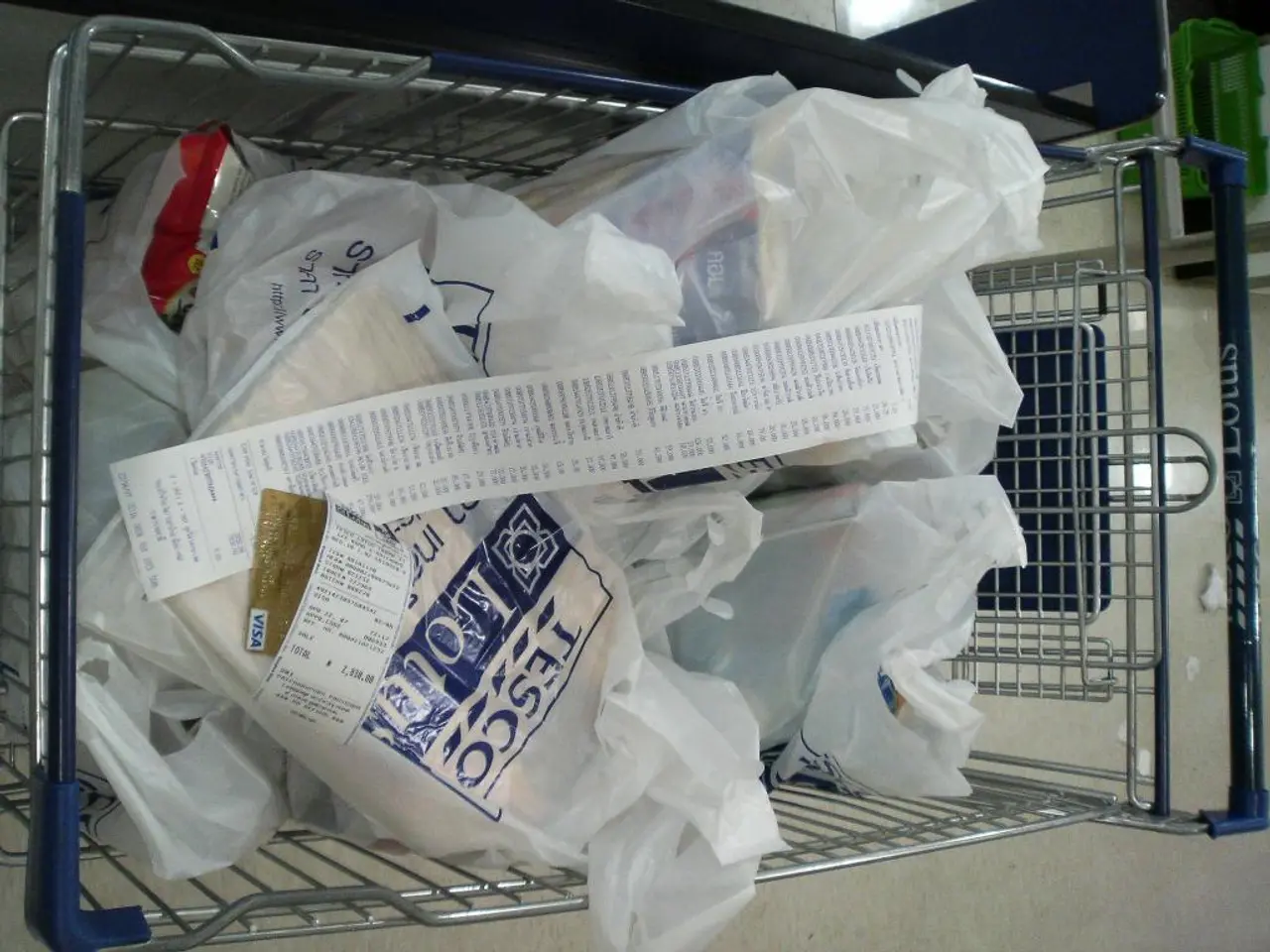Europeanrecycling sector facing critical challenges?
The European recycling industry, particularly in countries across Europe, is grappling with a severe crisis, teetering on the brink of a significant downturn. This predicament has been exacerbated by a multitude of factors, including excessive red tape, soaring costs, and an unfavorable economic landscape in Europe.
The European Commission has recently imposed new requirements on non-OECD countries, mandating they disclose their willingness and ability to manage imported EU waste sustainably. This move comes as the EU Waste Shipment Regulation places restrictions on European companies, despite a 36% increase in waste exports from the EU between 2022 and 2024.
The continent's reliance on imported materials is substantial, with over 20% of the EU's current polymer consumption originating overseas. This dependence, coupled with the EU's falling plastic production—set to drop below levels last seen in 2000—presents a formidable challenge for the industry.
Plastics Recyclers Europe (PRE) has been vocal about the struggles faced by recyclers, particularly in obtaining and renewing permits, and the surging input waste and energy costs, particularly in the clean energy sector. In response, PRE has forecasted a net zero growth for the industry this year, describing it as a 'critical decline in momentum'.
Operational costs remain high, and recycled materials are more expensive than their virgin counterparts due to the 'unfair economic advantage' of fossil fuel subsidies. This discrepancy is a significant hurdle for the industry's growth and sustainability.
Chemical recycling, once hailed as part of the solution, is growing at a slower rate than expected. It is now expected to fall below 50% of its projected capacity and struggle to reach its 3 million-tonne target by 2030.
EuRIC, another influential voice in the industry, has suggested that the deadline for the implementation of this Regulation should be postponed due to potential burdens on non-OECD countries and trade relationships in Europe.
The industry's struggles have led to a significant number of closures. Between 2023 and 2024, the number of companies forced to close their doors doubled, and further closures are expected to amount to almost one million tonnes of recycling capacity lost since 2023 in Europe.
Edward Kosior, CEO and founder of Nextek Ltd, has criticized the lack of action by European politicians in levying non-compliance penalties. Kosior's sentiments are shared by many in the industry, who feel that stricter enforcement is necessary to drive change in Europe.
PRE urges the EU to create a genuine circular single market to ensure the future of European plastics recycling. In this pursuit, organizations such as Searious Business, Maastricht University, TOMRA, and others are part of an ongoing campaign to address the broken economics of Europe's recycling industry.
In an effort to raise awareness and gather support, a symbolic Elephant High Striker will tour exhibition stands at this year's K-Messe in Düsseldorf. The aim is to encourage participants to join the movement and work towards a sustainable and thriving European recycling industry.
However, concerns remain about the EU's Clean Industrial Deal, which could offer preferential treatment to certain industries over others, causing potential issues for companies in the packaging space in Europe.
The crisis in Europe's recycling industry is a complex issue, requiring a multi-faceted approach to overcome. With the industry at a breaking point, it is crucial that action is taken to ensure its survival and the continued pursuit of a sustainable future in Europe.







